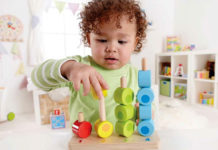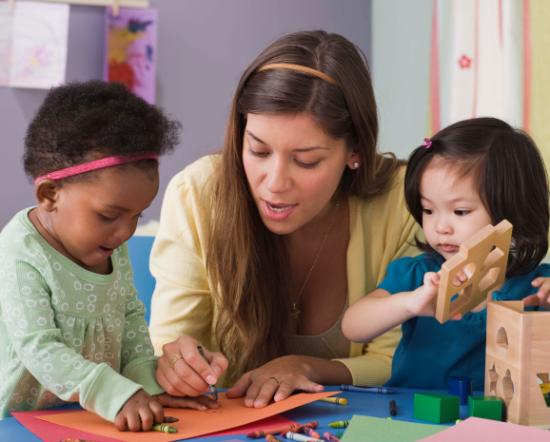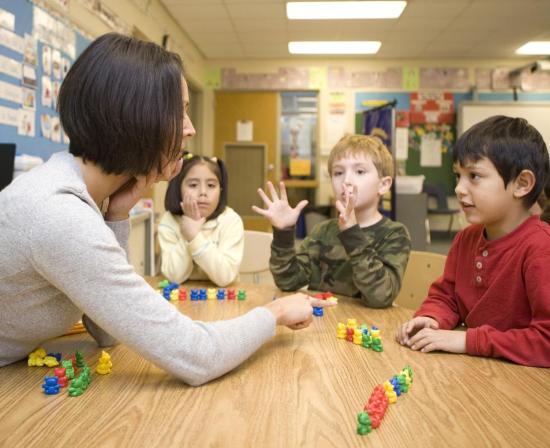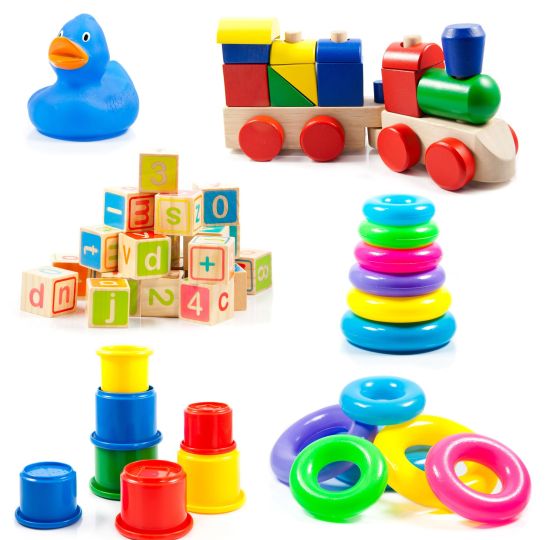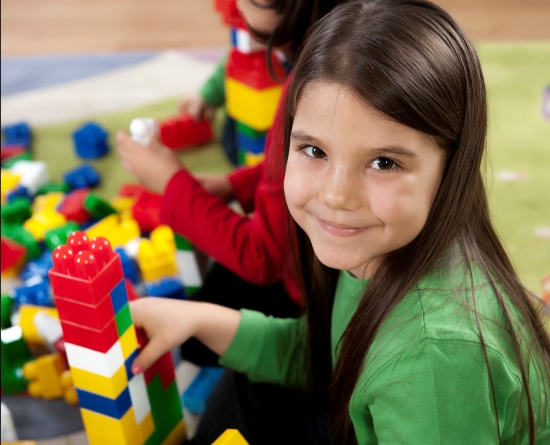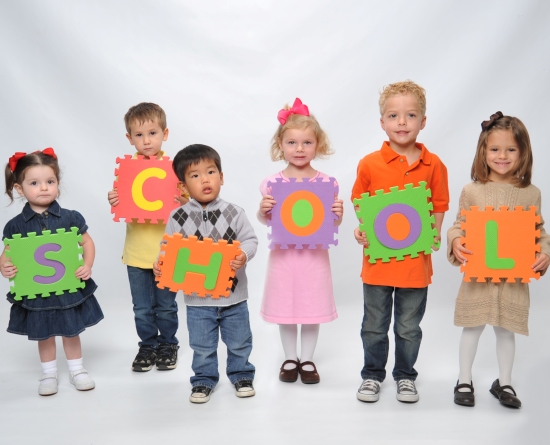Education for children doesn’t only mean going to school and learning about reading, writing and arithmetic. The process of education starts pretty much from birth, with the extent and kind of stimulation that the home environment provides for a baby.
How home environment affects education for children
It is generally seen that a child who grows up around other people and with a lot of stimulating interaction with other family members may start to speak early. In particular having an older sibling tends to make a difference because a baby has greater interaction with someone young who will help baby pick up language effortlessly. This is why second children tend to talk earlier than first children.
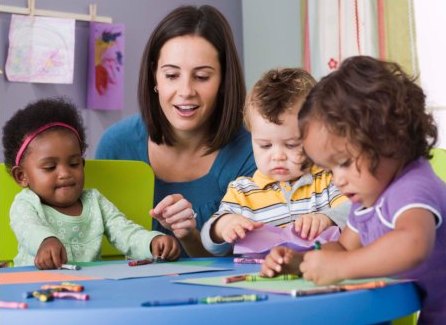
Factors such as responsiveness of parents, availability of learning materials around the home and style of discipline as well as extent of parental involvement with a child may all encourage early education for children. Children tend to do better when parents encourage exploration, offer a supportive environment and stimulate curiosity.
A family environment where there is interest in art, music and literature will communicate itself to baby and such exposure early on can be of benefit for the child’s educational process.
Possible benefits of starting education for children early
Starting your child off early on the path of education does have some obvious benefits: it can give a child advantages in school, helping them excel. It can inculcate a habitual interest in reading and writing and hence studies from an early age.
There is also the view that early learning may help with certain types of brain development so exposing a child to a rich learning environment, multiple languages and so on could be beneficial for baby’s intellectual development.
Research shows that children pick up languages automatically until the age of 7 so exposure to more than one language will help your child become bilingual or even multilingual without any effort at all. Learning, knowing and using more than one language is known to stimulate certain parts of the brain that improve cognitive functioning.
How should you start education for children?
There is a perception that pushing kids into school or beginning formal education too early can cause certain issues. The child may not learn as quickly and effectively as older classmates and this could cause the child to be retained, resulting in issues of self esteem and even behavioral problems in the child.
There is also the cherished view that kids should be allowed to be kids, to play and enjoy childhood without placing the burden of learning on them too early.
So rather than starting formal education in a class or school setting early, parents can help their child make a start right at home, in an informal, relaxed setting that puts no stress or pressure on a child. Parents can help to provide an environment which is stimulating for baby, where they and others in the family interact a lot with their baby.
Education for children can get a head start if everyone in the family has a reading habit, if family member listen to a lot of music, have an interest in art, attend cultural programs and so on. In an environment such as this, a child learns effortlessly, with no pressure to learn, and without even being aware of the learning process.


